Mental Health Speech Pathology
What is it?
Mental health speech pathology, also known as speech-language pathology in mental health, is a specialized field within speech pathology that focuses on addressing the communication and social communication difficulties experienced by individuals with mental health conditions, particularly neurodivergent individuals with autism, ADHD, developmental disorders, and social communication disorders.
Traditional Speech Pathology Intervention: Traditional speech pathology intervention primarily targets speech and language disorders, such as speech sound disorders (articulation and phonological disorders), language delays or disorders, fluency disorders (stuttering), and voice disorders. It typically involves assessment, diagnosis, and intervention to help individuals improve their communication abilities and functional communication skills.
Mental Health Speech Pathology Intervention: Mental health speech pathology expands the scope of traditional speech pathology to encompass communication difficulties that are linked to mental health conditions. This specialized area addresses how mental health issues can impact communication, social interaction, and social communication. It recognizes that emotional and psychological factors can significantly influence communication abilities and social interactions.
Intersection with Social Communication: Social communication refers to the use of verbal and non-verbal language in social contexts to interact with others effectively. For neurodivergent individuals with conditions like autism, ADHD, developmental disorders, and social communication disorders, social communication challenges are common. Mental health speech pathology specifically addresses these difficulties and how they relate to an individual's mental health and overall well-being.
How can it help?
Key Aspects of Mental Health Speech Pathology for Neurodivergent Individuals:
Understanding Mental Health Factors: Mental health speech pathologists are trained to recognize and understand the impact of mental health conditions on communication and social communication. They consider emotional regulation, anxiety, depression, and other factors that may influence a person's ability to engage in communication effectively.
Social Skills Development: For neurodivergent individuals, social skills training is a crucial component of mental health speech pathology. This involves teaching pragmatic language skills, such as turn-taking, understanding non-verbal cues, perspective-taking, and maintaining appropriate social boundaries.
Emotional Expression and Regulation: Mental health speech pathologists work with individuals to help them express and regulate emotions effectively through language. This can involve building emotional vocabulary, identifying emotions in others, and learning coping strategies.
Social Interaction and Connection: The goal is to support neurodivergent individuals in forming meaningful connections with others. Mental health speech pathologists facilitate the development of skills to initiate and maintain conversations, make friends, and engage in social activities.
Collaboration with Mental Health Professionals: Mental health speech pathologists often collaborate with other mental health professionals, such as psychologists, counsellors, and occupational therapists, to provide comprehensive care for individuals with neurodivergent conditions.
Who can it help?
Mental health speech pathology is for individuals who experience communication difficulties related to mental health conditions or neurodevelopmental disorders. It can be beneficial for a wide range of people, including:
Neurodivergent Individuals: Mental health speech pathology can help individuals with neurodevelopmental disorders such as autism spectrum disorder (ASD), attention-deficit/hyperactivity disorder (ADHD), social communication disorder (SCD), and other related conditions.
Mental Health Conditions: It can be beneficial for individuals with mental health conditions like anxiety, depression, schizophrenia, bipolar disorder, and other mood or psychotic disorders.
Social Communication Challenges: Mental health speech pathology is useful for people who struggle with social communication difficulties, including challenges in understanding non-verbal cues, maintaining appropriate eye contact, interpreting social situations, and initiating or maintaining conversations.
Emotional Regulation Difficulties: For individuals who have difficulty expressing and managing their emotions through communication, mental health speech pathology can provide support and strategies.
Social Skills Development: Mental health speech pathology is suitable for individuals seeking to improve their social skills, including forming and maintaining friendships, handling social interactions, and navigating social norms.
Children, Adolescents, and Adults: Mental health speech pathology can be provided to individuals of all ages, from young children to adolescents and adults.
Family Members and Caregivers: Mental health speech pathology may involve providing guidance and support to family members and caregivers to improve their communication with neurodivergent individuals and enhance overall family functioning.
Interdisciplinary Collaboration: Mental health speech pathology involves collaboration with other mental health professionals, educators, occupational therapists, and counselors to provide comprehensive care.
Preventative Support: It can be beneficial as a preventative measure to address social communication challenges early on and promote mental well-being in individuals who may be at risk of developing mental health difficulties.
Overall, mental health speech pathology is for individuals who face challenges in communication and social communication due to mental health conditions or neurodevelopmental disorders. Its goal is to address these difficulties, support emotional well-being, and enhance overall communication skills, leading to improved quality of life and social interactions for those it helps.




